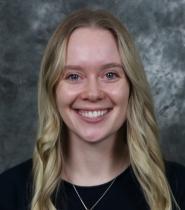MRC 225
Brianna
Lawrence
Admissions Counselor
Military Student Success Coordinator
Admissions
Military Student Success



